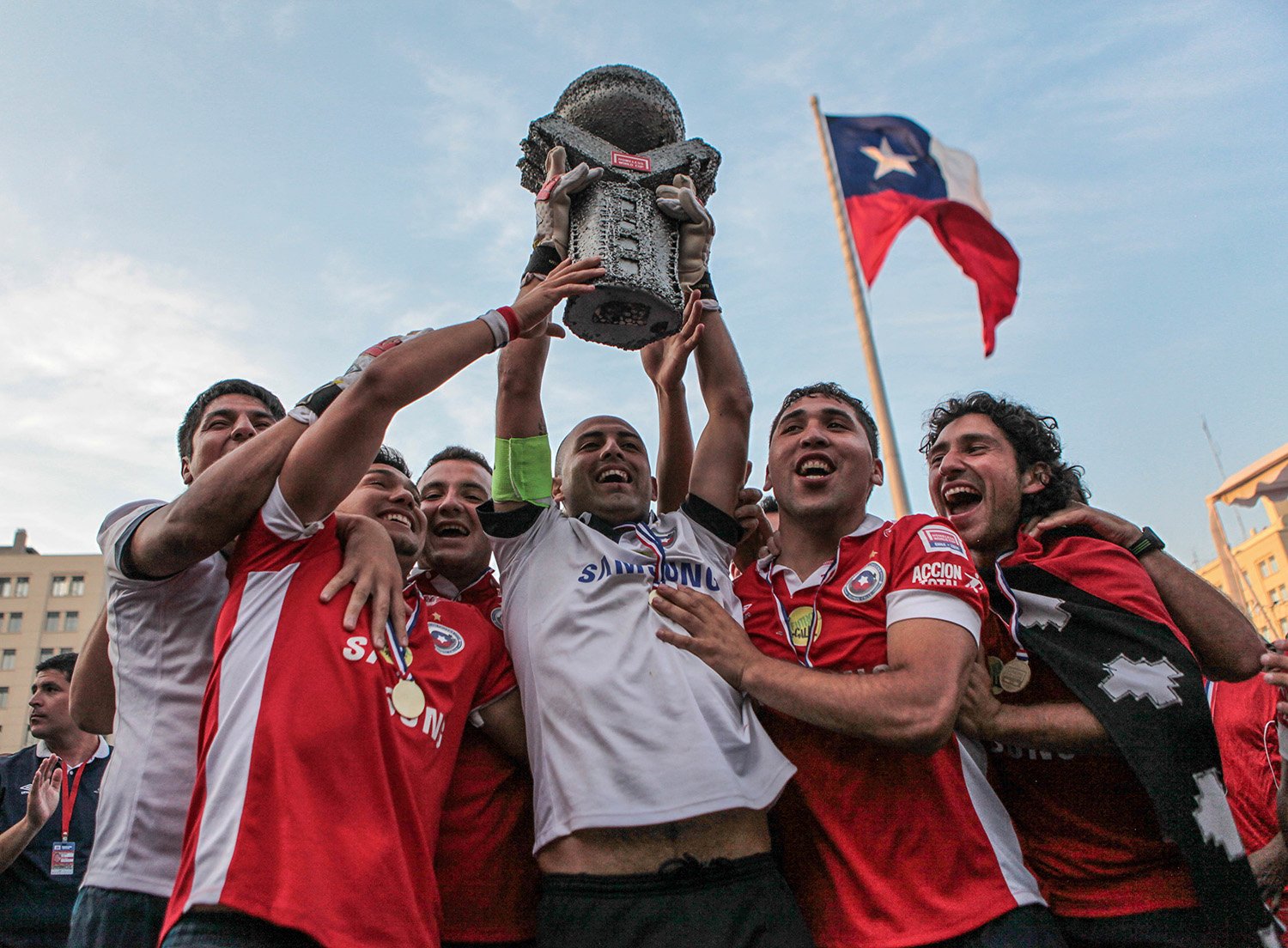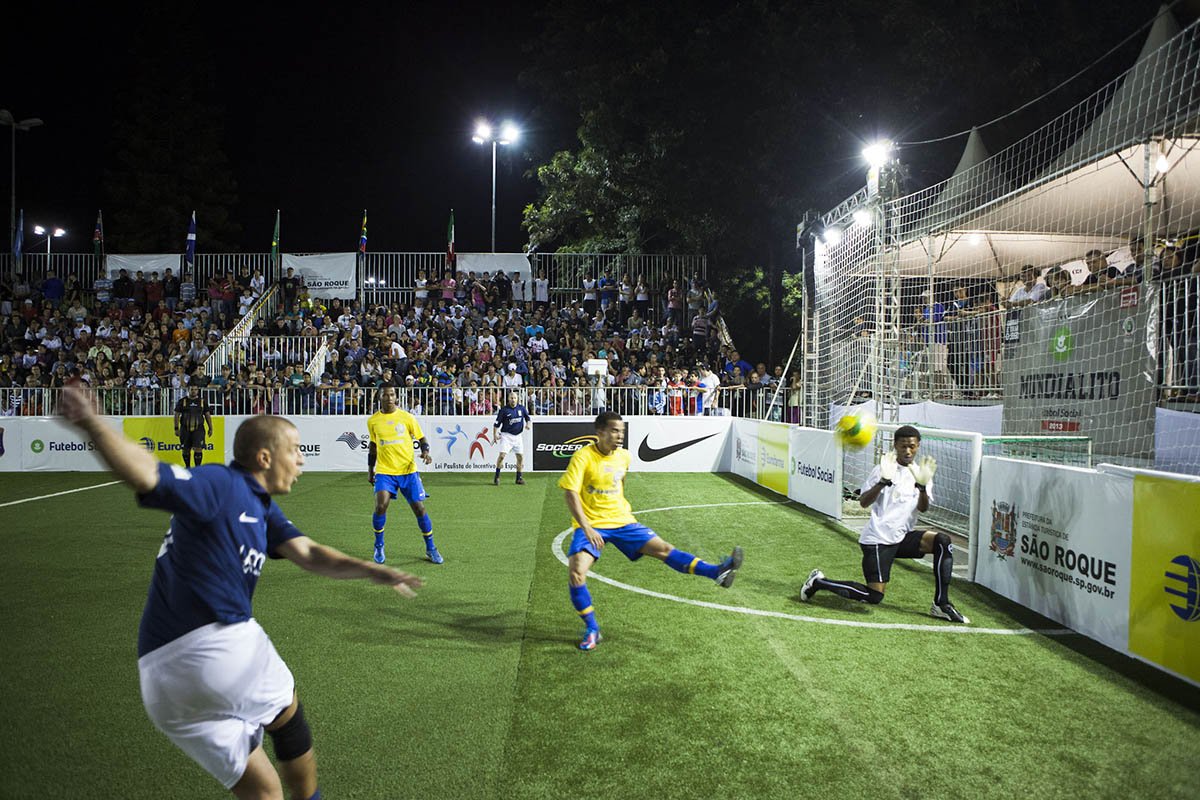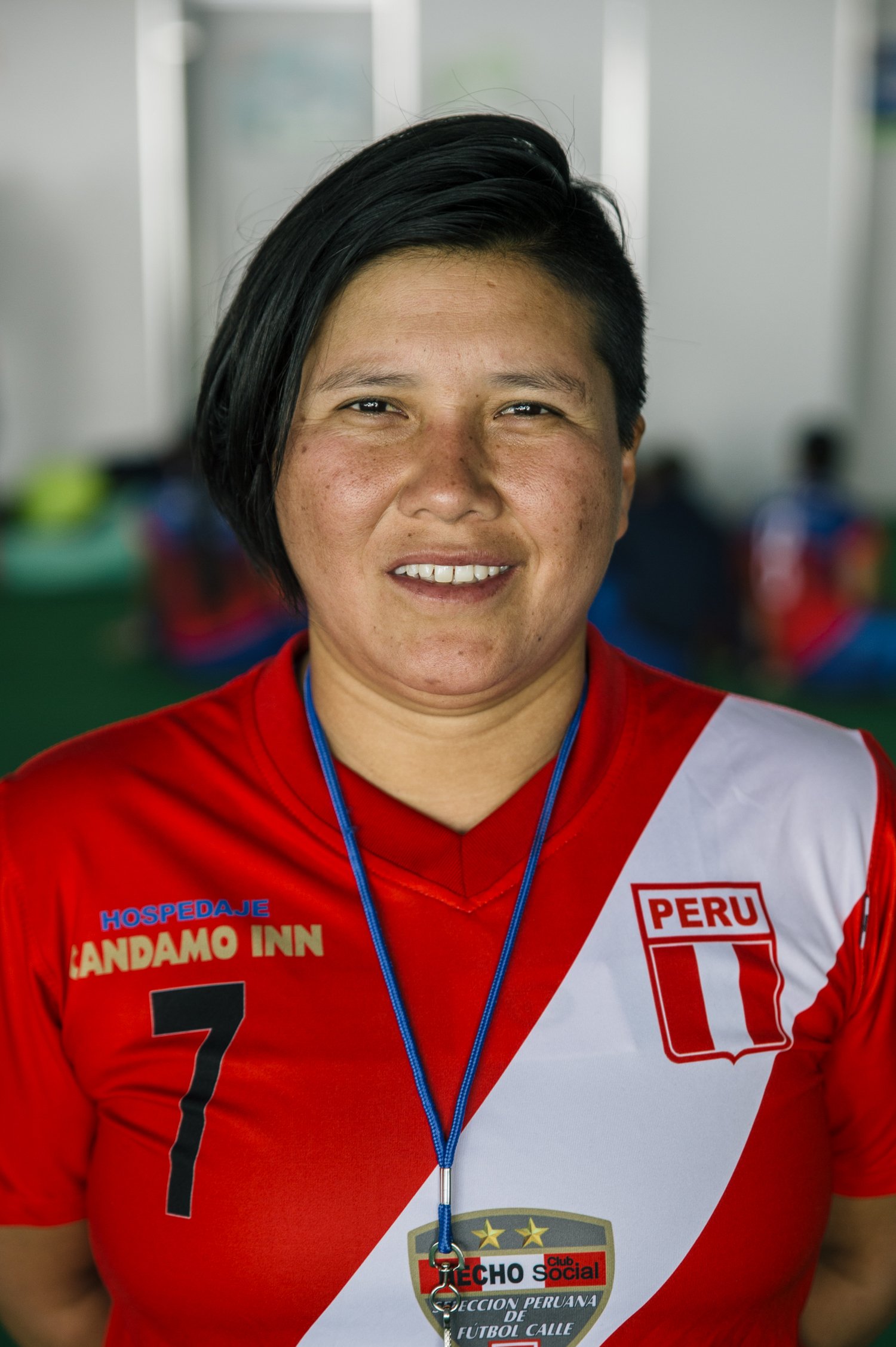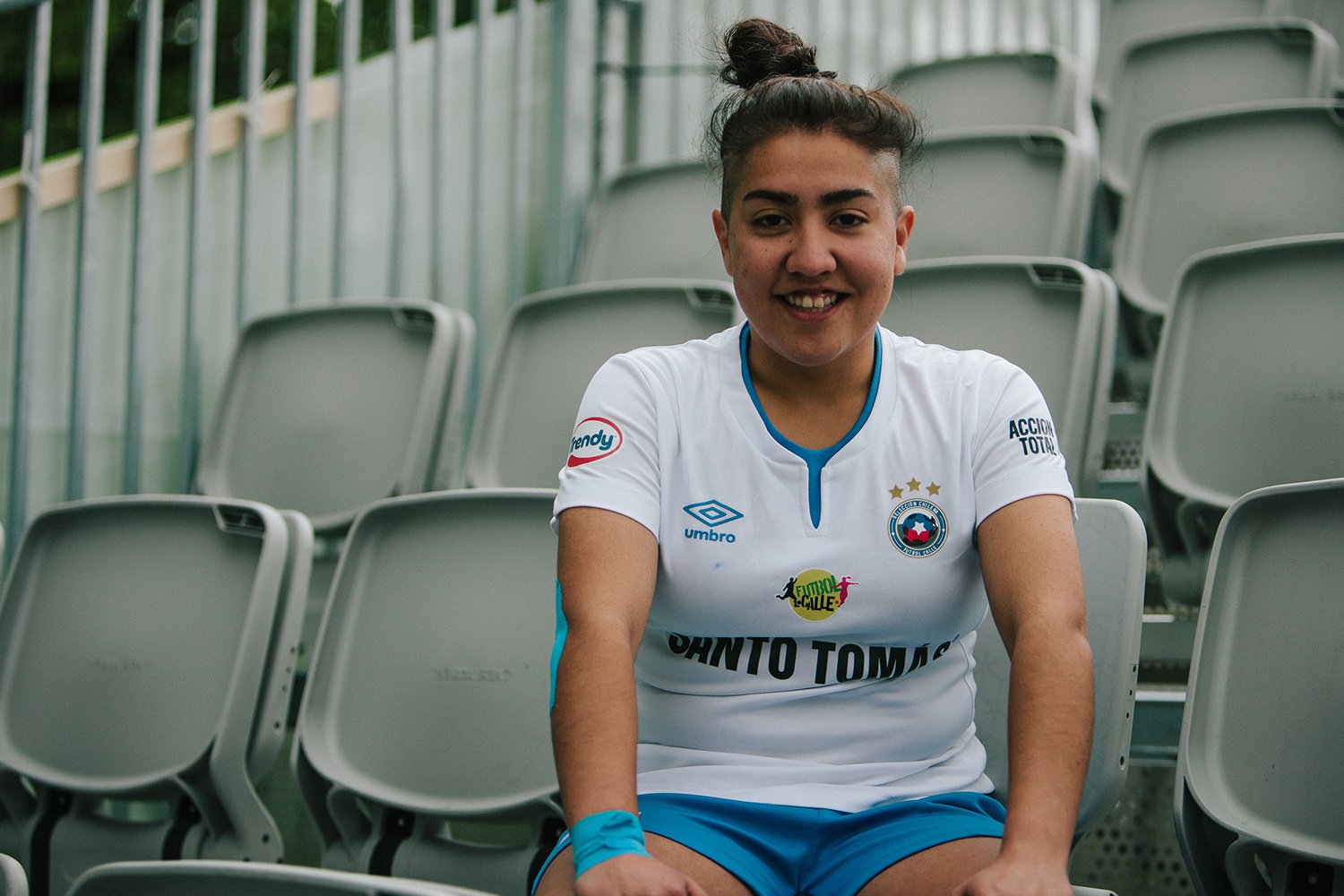
Chile
Futbol Calle
Futbol Calle (Street Football), an initiative started by football marketing agency Acción Total, is a network of street football projects that creates opportunities to deliver psycho-social development to men and women across Chile through sport. Based on a participatory and inclusive approach for vulnerable participants, it uses football as a platform for personal development.
Training sessions run twice a week in each location, led by a multidisciplinary team of teachers, social workers, and psychologists who not only coach, but also provide guidance and support for personal development. They aim for a positive impact on the quality of life of the participants.
Their programme is backed by former Chilean football star, Ivan Zamorano.
Homelessness statistics
43 out of 189 in Human Development Index rankings (UNDP 2020)
$24,000 Average salary per person (World Bank 2020)
9% of the 19 million population live below the poverty line (World Population Review 2021)
Chile is considered one of the most unequal countries in the world. Homelessness has been steadily rising by about 4% over the last decade, to approximately 12,000, with at least half of these concentrated in the capital city Santiago OECD Report 2021. However, the situation saw an explosion post-pandemic – with the number increased to over 80,000, according to Fundación Techo Chile, of which the majority, over 55,000 are children. An estimated 25,000 are immigrants mostly from Colombia, Venezuela or Haiti.
Historically, a significant cause of the high number of homeless was those on a minimum wage unable to afford even basic housing costs. Recently however, informal camps - made up of thousands of tents and shacks have mushroomed in Chile due to the failure of housing policies and official subsidies for the sector, aggravated by the rise in poverty, the COVID-19 pandemic and the massive influx of immigrants. Hundreds of homeless people’s tents now line the main avenues of Santiago. In the estimated 900+ camps across the country, people cook, wash, sleep and live together, observed by passers-by who have become accustomed to this new urban landscape.
Whilst the camps are the most visible part of the problem, the housing deficit, covering all the families who do not have access to decent housing, exceeds 600,000, according to Fundación Techo Chile. The State provides some 20,000 social housing solutions each year, a figure that is highly insufficient to meet the current need.
2022 will see the monumental drafting of a new constitution, for which activists are fighting to put land and housing rights and policies higher up the agenda than they have been for the last two decades.
STORIES From the region








